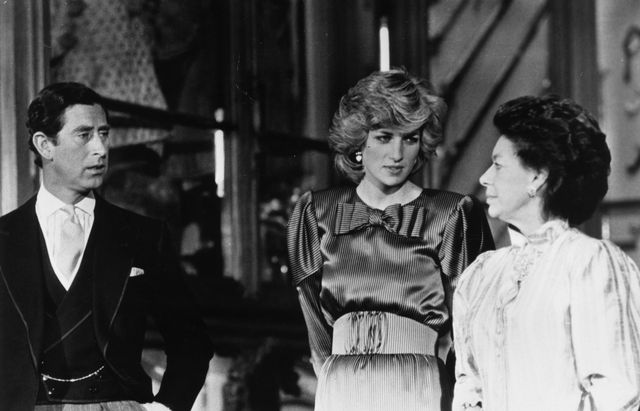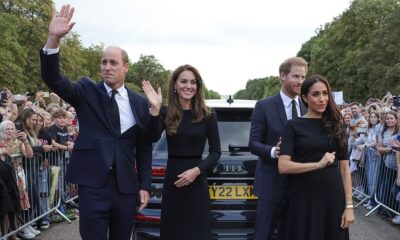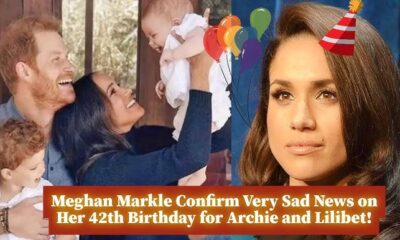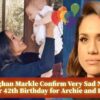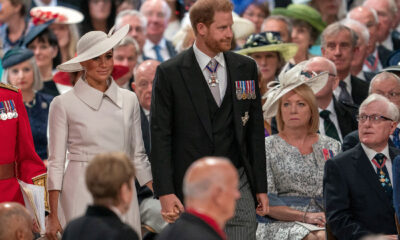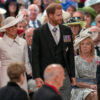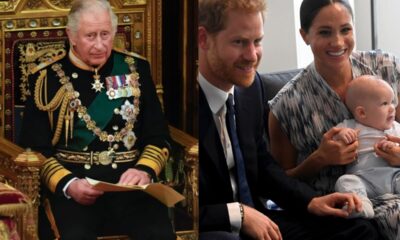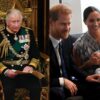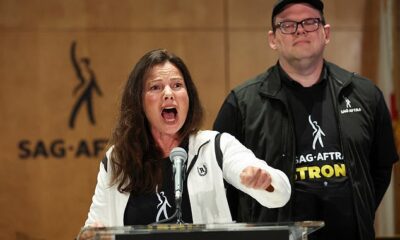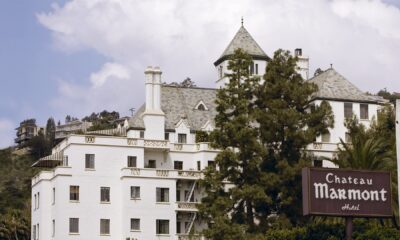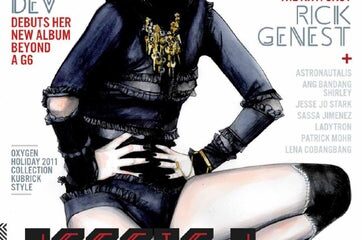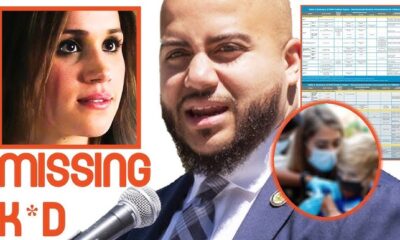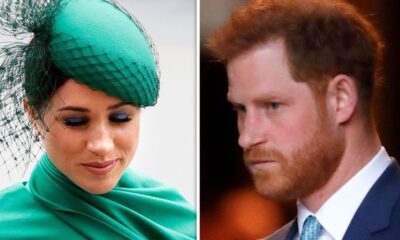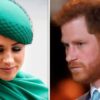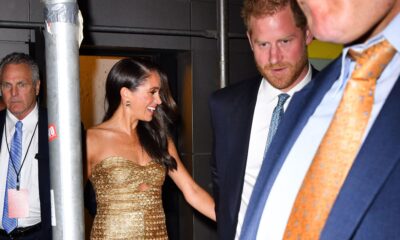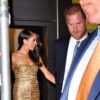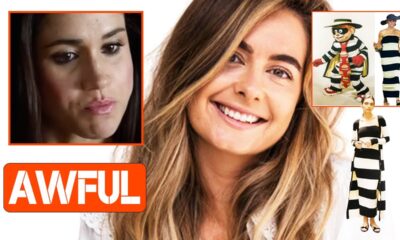Royal Family News
Queen Elizabeth’s fury after Princess Diana’s death
Kensington Palace has been home to the British royal family for 400 years and has its share of ghosts.
It is, though, imbued with the spirit of one of the twentieth century's most iconic figures—an influence that will endure at least as long as the late Princess of Wales' descendants continue to call her former home home. Alternatively, for as long as there are people left to recall her and add to the incomplete mystery that is her life.
The unfortunate death of Princess Diana remains one of the most heartbreaking news items of the twentieth century. On August 31, 1997, the People's Princess died in a traffic accident in Paris. A week later, she was given a state funeral that is now remembered as one of the most watched activities in history, with an estimated 2.5 billion people watching or listening to the service online, with about three million crowding the streets of London to see the procession.
Some saw the procession as a chance for the Royal Family to save itself after being harshly chastised for how Diana's death was handled.
In the aftermath of disaster, Queen Elizabeth II received some of the harshest backlash over what was seen as a somewhat business-as-usual attitude.
At the time of the tragedy, she was in Scotland with Princes William and Harry, and she preferred to remain with the boys rather than move to England right away.
Many of Diana's fans were outraged by this action, believing she should have returned to England right away.
Trending:
Many saw some reserve of emotion as an affront to Diana, who was nicknamed “the People's Princess” during her lifetime because of the effortless way she interacted with a country that frequently considered the royals deficient in depth and relatability, even as she tried to find stable ground in the family she had married into and then crossed in a variety of ways in their view.
The queen's unemotional—or at least insufficiently emotional—behavior in the days after Diana's death was one of the few allegations leveled against her that actually stuck in the court of public opinion at the period. There has always been a contingent against the royals, and the family will always have its detractors, yet that moment in 1997 remains one of Queen Elizabeth II's only major blunders in her 68 years on the throne.
One of the newspaper headlines yelled, “SHOW US YOU CARE.”
The Queen Mother, according to unconfirmed accounts, was “hugely upset” by the outrage directed at her daughter.
Queen Elizabeth was enraged and defensive, according to Sir Michael Oswald and his wife Lady Angela Oswald, when her elder daughter was publicly chastised for her conduct.
“The Queen was criticised for two things,” Lady Angela told the Sunday Telegraph.
“One was taking the boys [Princes William and Harry] to church [on the day the Princess died].
“But they wanted to go to church. If you are a Christian and your mother has been killed, it is a comfort going to church.
“The other thing was that people expected the Queen to abandon her two grandsons – whose mother had just been killed – and go to London to mourn with people who had never even met the Princess.
“If you stand back and think about it, it is an extraordinarily selfish attitude. Queen Elizabeth was hugely upset by the criticism of her daughter because she has always admired her so much.
“It was such a cruel criticism and it was unfair.”
However, though domestic morale is her strong suit, the queen had more pressing concerns when her private secretary called her in the middle of the night at Balmoral Castle in Scotland to remind her of the Paris disaster. “Someone must have greased the brakes,” the queen mused out loud, according to royal biographer Ingrid Seward's 2015 book The Queen's Speech: An Intimate Portrait of the Queen in Her Own Words.
On Aug. 31, 1997, at 3 a.m., British Summer Time, Diana was declared dead. Following Fellowes' request to Pitié-Salpêtrière hospital for an update, Prince Charles, who was still at Balmoral with sons Prince William and Prince Harry, was informed at 4:30 a.m. by the queen's private secretary (and Diana's brother-in-law) Robert Fellowes that the princess had succumbed to her injury.
“He was absolutely distraught. He fell apart,” Tina Brown, author of The Diana Chronicles, said in the 2017 TV documentary Diana: 7 Days That Shook the Windsors. “He knew, instantly, that this was going to be a terrible thing, that…he will be blamed, that they will be blamed, for the death of Diana.”
“They,” meaning the royal family.
Top stories:

